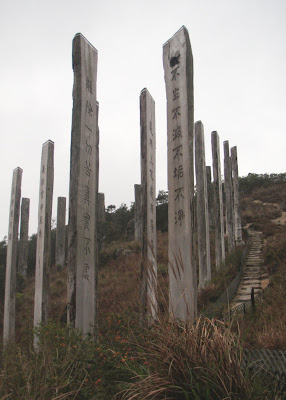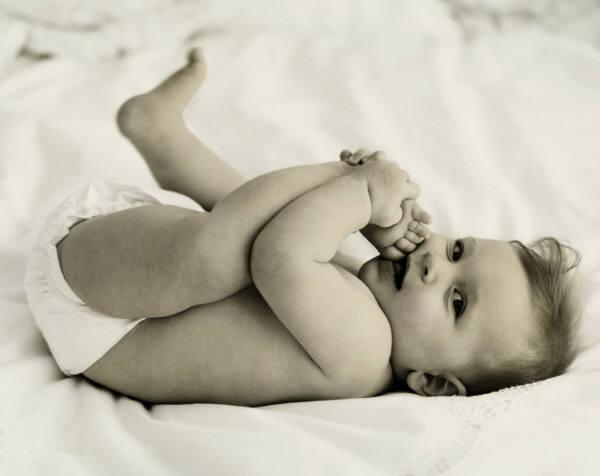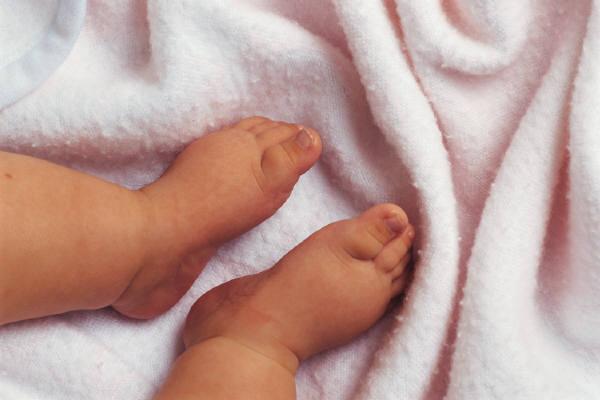We had dim sum breakfast at the Serenade Restaurant, located at the HK Cultural Centre, overlooking the waterfront at Tsim Sha Tsui. I didn’t find the dimsum that fantastic, though Serenade Restaurant is one of the restaurants recommended by various guidebooks.
 We then walked around the area which encompasses major landmarks such as the Hong Kong Museum of Art, the Hong Kong Space Museum, and the Clock Tower. Part of the original Kowloon-Canton Railway terminus, the Clock Tower was completed and came into operation in 1921. This is a landmark from the Age of Steam, a time when people spent days travelling on rail across Europe and Asia to the terminus.
We then walked around the area which encompasses major landmarks such as the Hong Kong Museum of Art, the Hong Kong Space Museum, and the Clock Tower. Part of the original Kowloon-Canton Railway terminus, the Clock Tower was completed and came into operation in 1921. This is a landmark from the Age of Steam, a time when people spent days travelling on rail across Europe and Asia to the terminus.
Harbour view by day
 Top left: HK Museum of Art, Bottom left: HK Cultural Centre, Right: Clock Tower
Top left: HK Museum of Art, Bottom left: HK Cultural Centre, Right: Clock TowerNext to the Clock Tower is the ferry terminal, where we took the Star Ferry over to Central and from there, another ferry to Mui Wo in Lantau Island. We couldn’t see much along the way, as again, it was a terribly foggy day. Upon reaching Mui Wo, we took a bus along the mountainous and lush countryside of Lantau Island to the fishing village of Tai-O, home to Tanka people, a community of fisherfolk who built their homes on stilts for generations because they do not feel safe on land. We took a stroll along Tai O Market, browsing the stalls for locally produced dried seafood, and some traditional village dwellings along the way.


 A clove of garlic hanging from the top of the main door...to protect against vampires? :-)
A clove of garlic hanging from the top of the main door...to protect against vampires? :-)A narrow creek divides the town into two parts, and is now connected by a manually-operated drawbridge, which replaces an old-fashioned rope-drawn "ferry" that operated for over 85 years. There are several temples on this part of the town, namely Tin Hau Temple, Kwun Yum (commonly known as the Goddess of Mercy) Temple, Kwan Tai Temple and Yeung Hau Temple.

The bridge that links the two parts of the Tai O Village

 Yeung Hau Temple and the surrounding scenery
Yeung Hau Temple and the surrounding sceneryFrom Tai-O, we took another bus to Ngong Ping Plateau at an elevation of 738m where the Giant Tian Tan Buddha and Po Lin Monastery, are located. More than 30m tall and and weighing 250 tonnes, the Giant Buddha was erected in 1993 as the world's largest, outdoor, seated bronze Buddha. There are 268 steps leading up to the platform where the Buddha is seated, and the beautiful scenery of the surrounding countryside can be viewed from the statue's platform.

A few minutes away from the base of the Giant Buddha is the Po Lin Monastery, the largest and best known of the dozens of Buddhist monasteries on Lantau. Po Lin (which means "precious lotus") was first established more than 100 years ago by reclusive monks. The main temple houses three magnificent bronze statues of Buddha, representing the past, present, and future; it also has a brightly painted interior with dragons and other Chinese mythical figures on the ceiling. The monastery is famous for its vegetarian lunches, but since we had ours at Fung Ying Seen Koon the previous day, we decided to just have some vegetarian snacks sold at a stall inside the monatery, which was delicious.


About 15-minute walk away from Po Lin Monastery, at the foot of Lantau Peak, is the Wisdom Path, designed in a figure eight to symbolize infinity and marked by 38 wooden pillars, each bearing a portion of the Heart Sutra, a centuries-old prayer revered by Confucians, Buddhists, and Taoists alike.


Starting point of the Lantau trail, a popular hiking trail in Lantau Island









6 comments:
wah this place alot nice things to see eh
Jazz - yup, quite interesting but I think most people who goes to Lantau only stops by the Giant Buddha.
Hey...in one of the photos where you're smiling? Yiu Yiu looks exactly like you :)
Kittycat - the one on the bridge? Hehe...it's funny how some people tells me YY looks exactly like me, while some says she looks exactly like hubby. Never in-between :-)
Nice baby bump there. At night need a good leg and back massage. lol
Hijackqueen - I need the massage even more so now, my lower back aches all the time.
Post a Comment